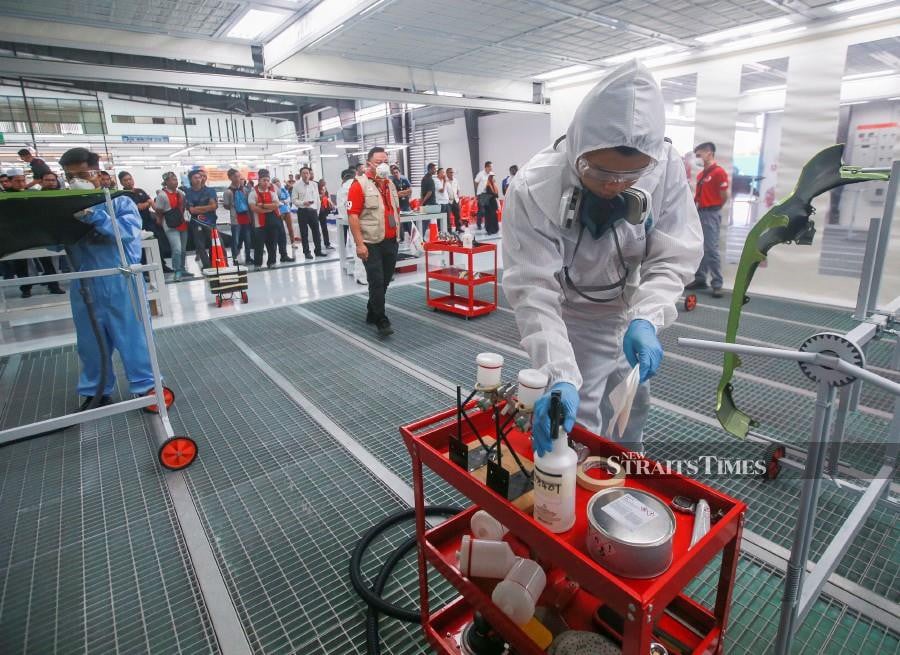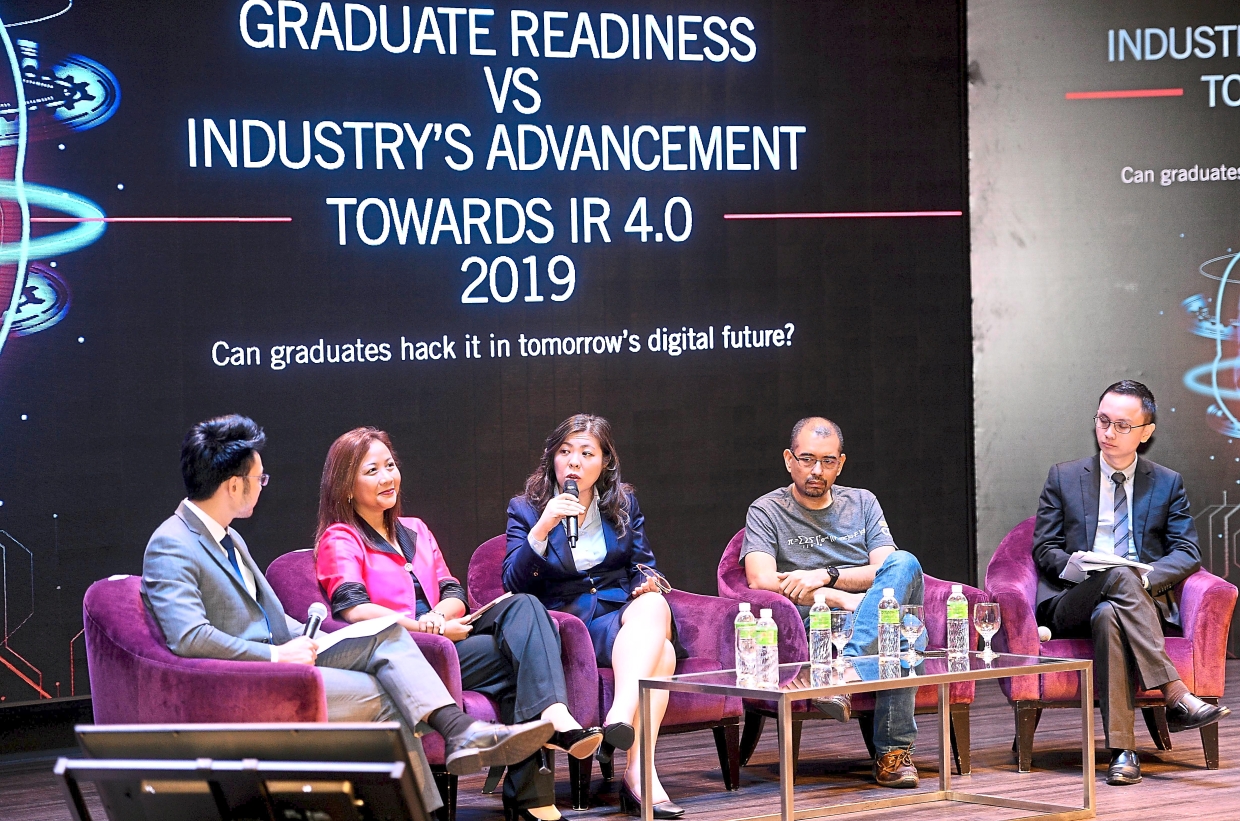
“WHO YOU CHOOSE TO BE” will make you who you are ― Soothsayer (character from KungFu Panda)
KUALA LUMPUR: Deputy Human Resources Minister, Datuk Mahfuz Omar wants parents to erase negative perceptions against Technical and Vocational Education and Training (TVET) as a second choice for weak students compared to conventional academic field.
He said parents should place more confidence and support on their children taking TVET as this field is capable of producing the local manpower needed by the industry and nation to face Industrial Revolution 4.0 (IR4.0).
“The government sees it (TVET) as a necessity. Those who hold diplomas in skills are eligible to continue their education at degree level through Universiti Teknikal Malaysia (MTUN) network project.
“The move is seen as giving confidence to the people in TVET,” he told a question and answer session at Dewan Rakyat here today.
Mahfuz was replying to a supplementary question by Datuk Seri Ismail Abd Muttalib (BN-Maran) on the statistics of TVET student intake which is still low compared to developed countries such as Germany, Holland and Australia and wanted to know what are the measures taken towards empowering the field.
To empower TVET, Mahfuz said via a 2025 plan under the National Skills Development Council which involved six ministries, his ministry is also focusing on TVET Tahfiz programme as the first step to extend skills training to young Tahfiz students.
“We want to ensure Tahfiz students also have a future to enter the employment sector,” he said.
Mahfuz said he had held a meeting with Kedah State Islamic Religious Council recently which was attended by 70 Tahfiz centre representatives to discuss the government’s plan for Tahfiz TVET
Source: Bernama
Comment:
There are many opportunities ahead for TVET graduates, whether it’s a guaranteed lifeskill to earn a living, establishing a business from the skills acquired & polished through valuable industry experience or furthering study to higher education institutions.
So, what are you waiting for? Find a suitable TVET institution that offers the course that can fulfill your dream!
Besides technical bachelors (Bachelor of Technology), TVET graduates with SKM2, SKM3 or DKM will also have a chance to obtain an executive bachelor in industrial management in a much shorter time frame (9 months) under the URise program that’s being offered by Universiti Tun Abdul Razak, KL together with ISE Education Sdn Bhd.
URise program has been specially designed for TVET graduates, hence need not worry that it’s too academic & tough.
Blended learning is implemented (online & offline learning at the University) to move with times.
*KWSP withdrawal can be done, on top of other payment options like credit card & the latest e-wallets.







